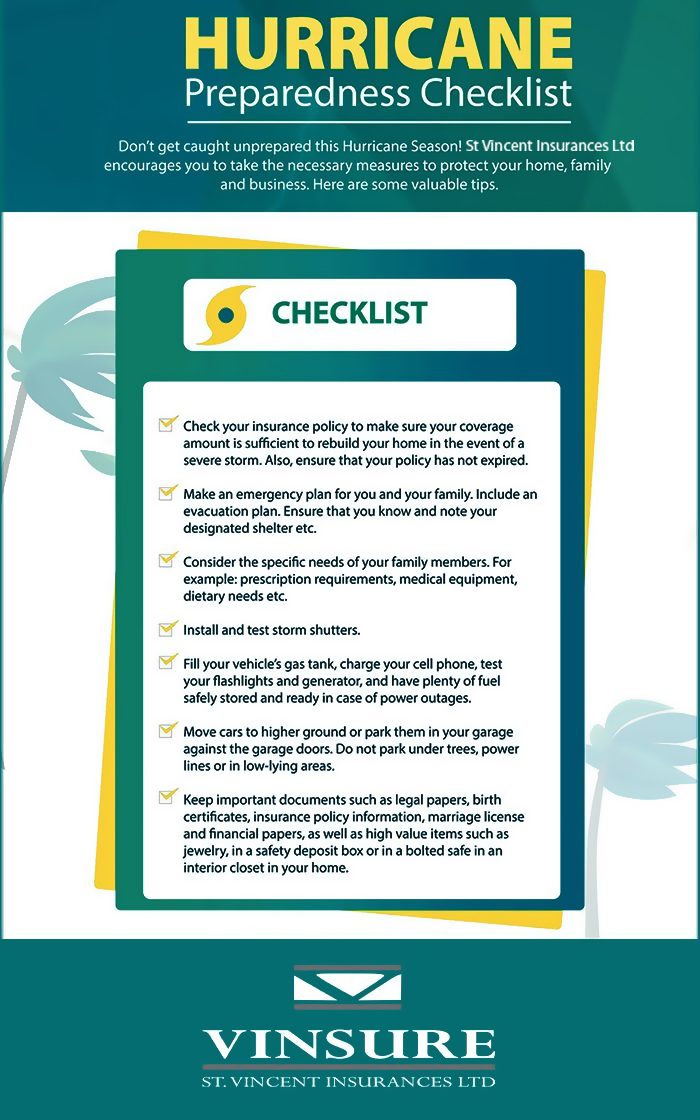What to do After a Hurricane – The storm has passed. What do I do now?
- Do not walk, swim or drive through flood waters. Six to twelve inches of water can take you down or flood your car.
- Avoid fallen, damaged or loose power lines and report them immediately to the local police, utility distribution company and fire department.
- Take photographs of any damage incurred and notify your insurance provider of your claim and the damages you have sustained.
- If flooding or water damage occurred, take photos and make a list. You can begin clean up and repairs as soon as possible thereafter, to avoid mold. Make sure to wear protective gear.
- When power returns to your home, do not start all major appliances at once. Turn them on gradually to reduce damage to sensitive equipment.
- Even if you have ventilation, never use a generator indoors. This includes garages, basements, and crawlspaces. Exhaust fumes contain high levels of carbon monoxide, which can be deadly if inhaled. Even when left outside, keep generators away from doors and windows and at least 10 feet away from your home. Also, allow your generator to cool off before refilling it with gas – splashing gas on hot generator components can lead to a fire.
- Do not use electrical or gas appliances that have been wet, and do not turn on damaged appliances because of the hazards of electric shock or fire.
- Take safety precautionary measures when preparing food and using water to protect your family from contamination. Example – Use bottled water for drinking or preparing food or boil tap water before using.
- Stay away from flood waters as they can contain harmful contaminants and dangerous debris.


